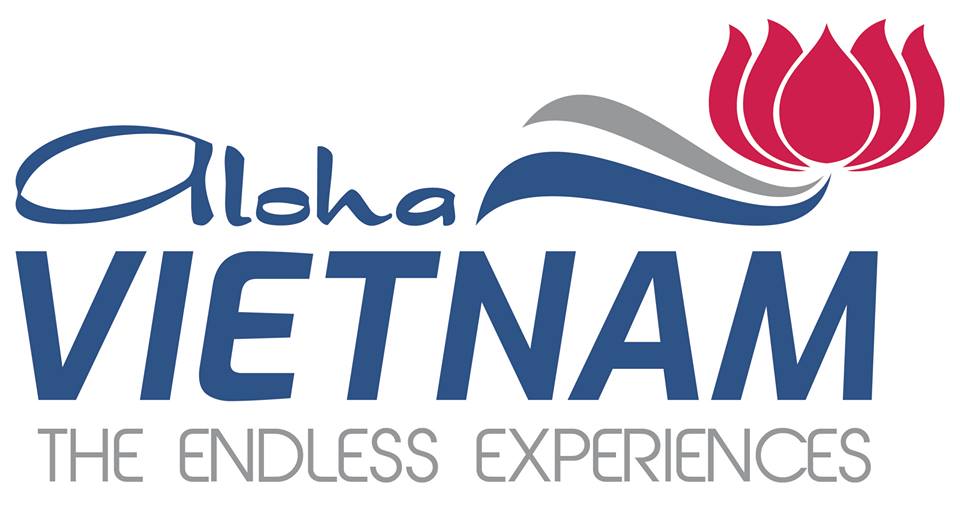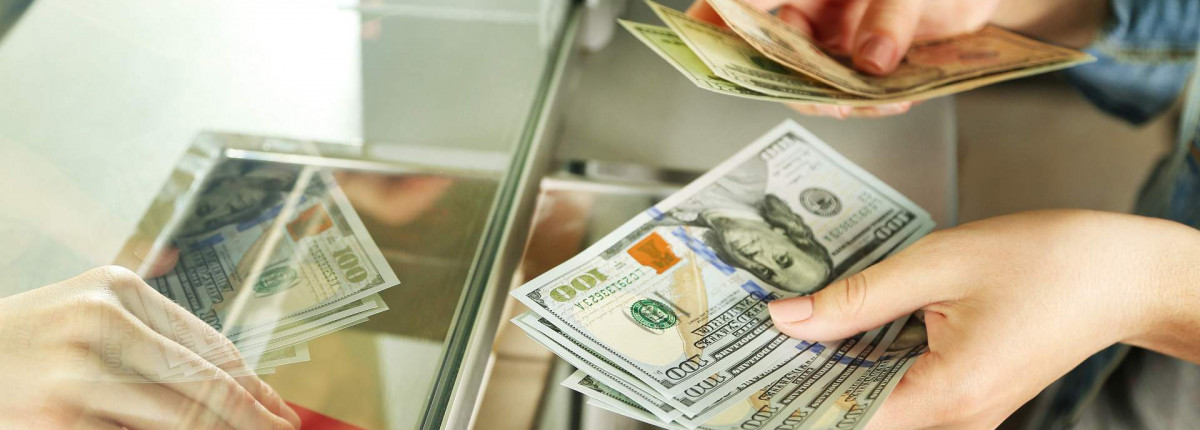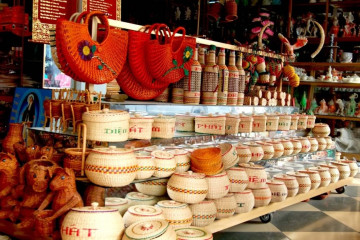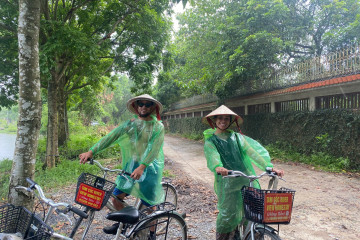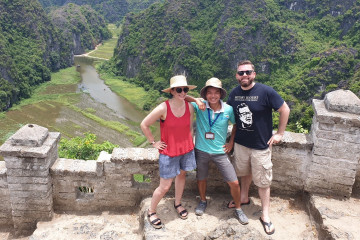All about money in Vietnam: Tips for travellers
This article gives you an overview of money in Vietnam, which helps you plan your budget when travelling to this beautiful country. How much money can you bring to Vietnam? Discover the Vietnam currency, exchange rate, USD or VND and decide whether cash or card is the best option for your travels. All will be answered.
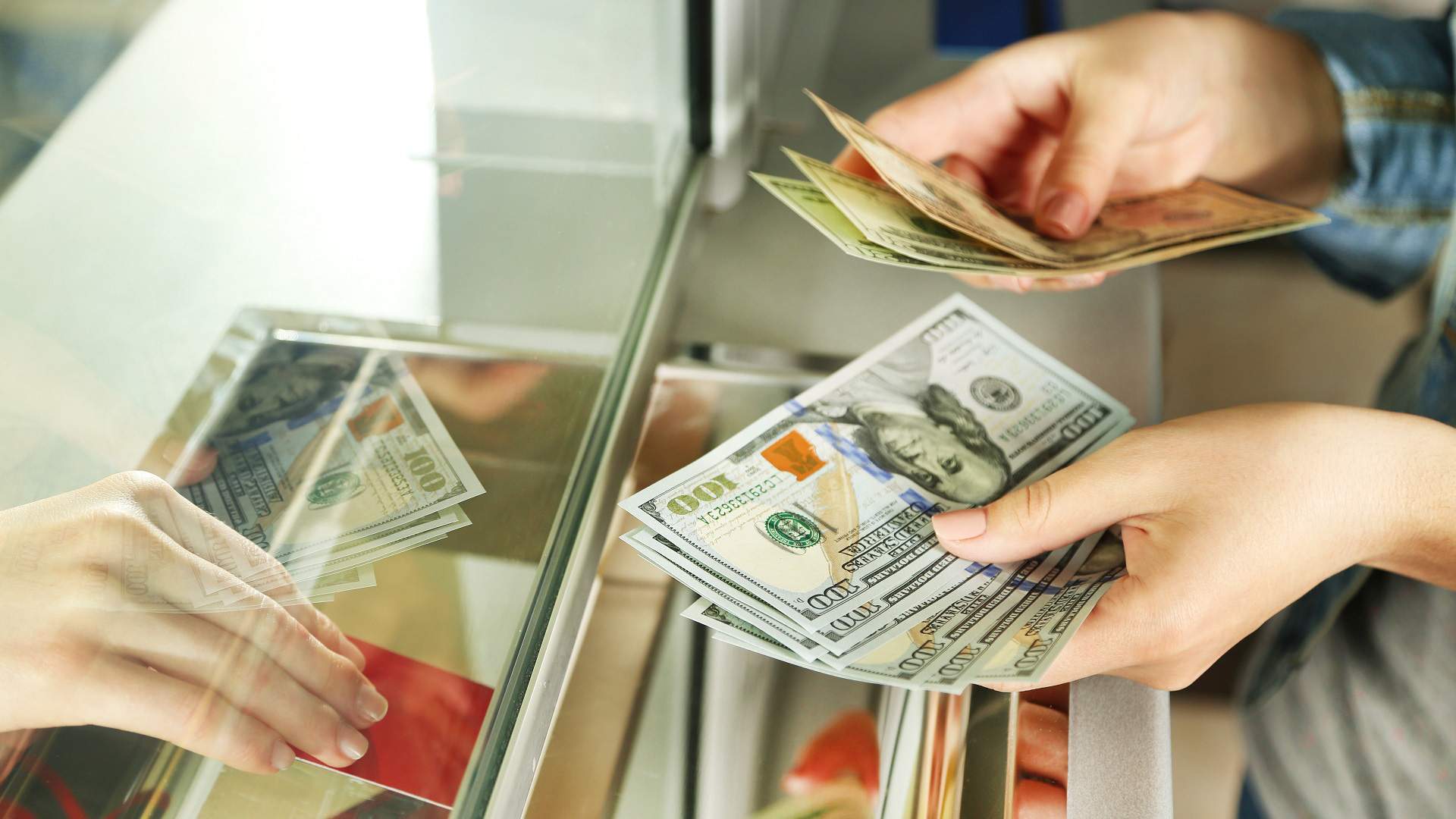
Overview About Vietnamese currency for first-time travellers
Đồng (VND): The basic unit of Vietnamese currency.
What type of money is used in Vietnam? Vietnam uses the Vietnamese Dong (VND), symbolized by ₫ or VND. VND comes in various denominations, each serving different purposes in daily transactions. You'll only deal with bills (banknotes) in Vietnam. There are no coins in circulation.
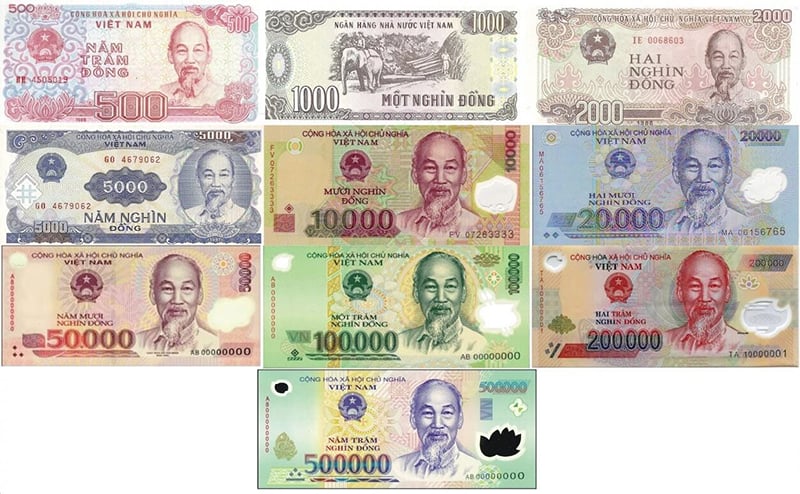
Banknotes are more prevalent and come in denominations of 1000, 2000, 5000, 10,000, 20,000, 50,000, 100,000, 200,000, and 500,000 (VND). Each denomination is easily distinguishable by its colour and size.
How much VND to USD? Here is a table of some Vietnamese Dong (VND) denominations converted to US Dollars (USD):
VND | USD |
1,000 | 0.043 |
2,000 | 0.086 |
5,000 | 0.215 |
10,000 | 0.431 |
20,000 | 0.862 |
50,000 | 2.155 |
100,000 | 4.310 |
200,000 | 8.620 |
500,000 | 21.550 |
***Please note that exchange rates can fluctuate over time, so it is always best to check the latest rates before making a transaction.
Check here: USD vs VND exchange rate
Should I bring VND or USD in Vietnam?
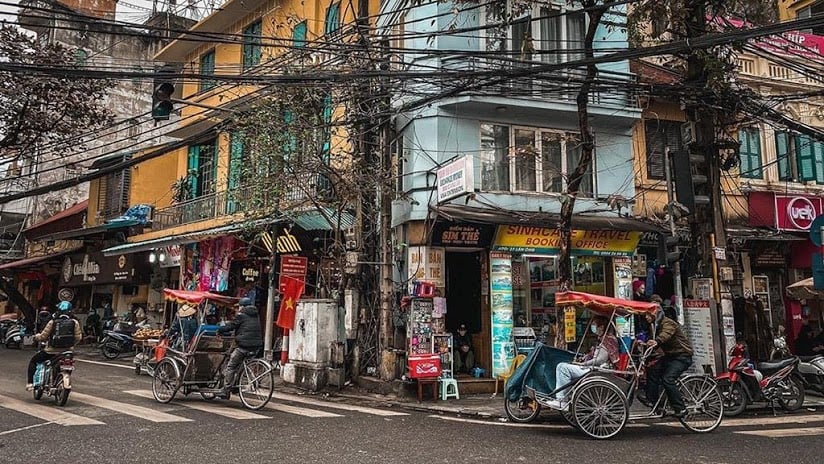
Vietnam Dong (Vnd) is the king for sure. You'll need VND for most everyday transactions, especially in smaller shops, local markets, and street vendors, for paying for transportation, and other daily expenses where card payments may not be accepted. Outside the big cities or major tourist areas, it’s hard to buy things with dollars.
On the other hand, USD is widely accepted in tourist areas, upscale hotels, and some restaurants and shops. It can be useful for larger purchases, hotel bookings, or as a backup in case you run out of VND. You also need USD to pay the visa-on-arrival fee (if applicable).
Therefore, consider carrying a mix of VND and USD, with more emphasis on VND for everyday transactions.
Cash or Credit Card in Vietnam?
Cash or Card
In Vietnam, both cash (Vietnamese Dong-VND) and credit cards have their advantages and disadvantages. Here's a breakdown to help you decide:

Cash (VND) | Credit Card |
|
|
|
|
It is advisable to carry a mix of cash and credit cards. This provides flexibility and security.
At first, you need to have enough VND cash on hand for everyday needs, especially upon arrival before you can access an ATM. Then, use your credit card for larger purchases in reputable establishments.
How much cash can I bring to Vietnam?

When entering Vietnam, you can bring cash in Vietnam dong, US dollars, or other foreign currencies without limitations. If the cash you carry exceeds VND 15 million or USD 5,000, you must complete a declaration form at the customs office. Even if you bring less than USD 5,000, you still need to declare it if you plan to deposit it into a foreign currency payment account. However, this rule doesn't apply to payment instruments like traveller’s checks, bank cards, or securities. There are no additional procedures, charges, or taxes for carrying cash exceeding the threshold.
Money exchange in Vietnam
While large currencies are widely accepted in Vietnam, not all exchange offices offer the same rates.
Where to exchange money in Vietnam?
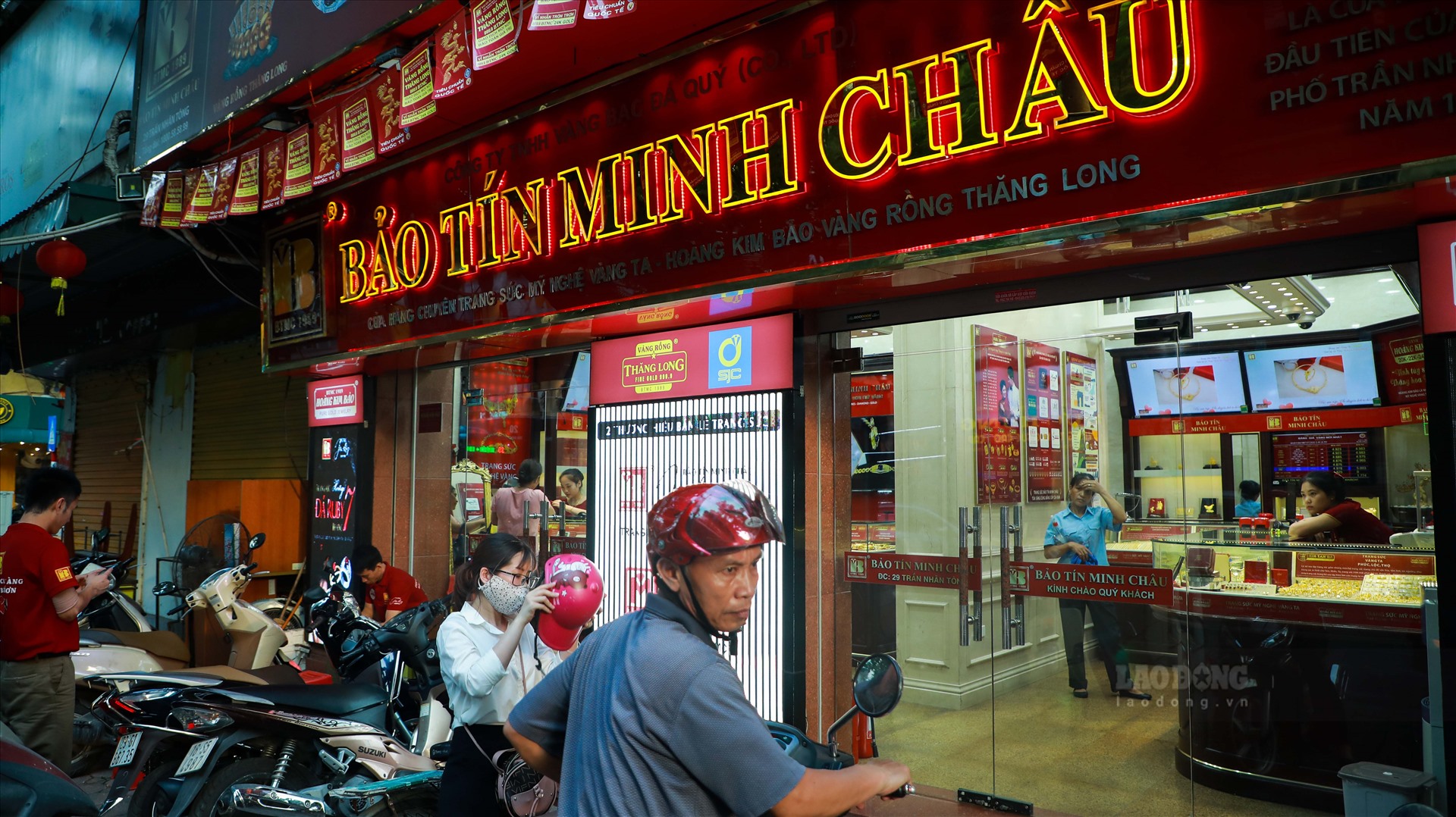
You have several options:
- Banks: Major banks like Vietcombank, Vietinbank, and Agribank, offer currency exchange services. While you may encounter wait times, expect fees ranging from 0.5% to 2%. Note that using clean, new notes is advisable to avoid extra charges.
- Hotels: Many hotels provide currency exchange services. Inquire at the front desk to see if this option is available. It's convenient and secure, saving you time and effort. However, conversion rates in smaller hotels may vary, with larger establishments potentially offering better rates.
- Airports: Currency exchange desks are available at major city airports, providing a quick option upon arrival.
- Gold and Jewelry Shops: Some gold and jewellery shops, especially in Hanoi's Old Quarter, offer money exchange services.
These locations in Hanoi may provide competitive rates and are worth considering.
- Quoc Trinh Gold Shop
- Phu Van Jewelry
- Kim Linh Jewelry
- Bao Tin Minh Chau
- Bao Minh Jewelry
- Bao Tin Minh Chau
VND vs USD rate

Exchange rates fluctuate throughout the day, so the rate you see online may differ slightly from the rate you get when exchanging currency. You can also check at:
- XE Currency Converter: https://www.xe.com/currencyconverter/
- Wise Currency Converter: https://wise.com/vn/currency-converter/
Tips to exchange money in Vietnam

Here are some helpful tips for exchanging money in Vietnam:
- It's generally advisable to exchange money upon arrival in Vietnam rather than in your home country, as you'll likely get a better exchange rate.
- Not all exchange offices offer the same rates. Avoid exchanging currency at airports, banks, or money changers, as they often provide unfavourable rates. Instead, consider visiting a jeweller in Hanoi's Old Quarter for better rates.
- Before exchanging money, research the current currency rate using online resources or currency apps on your smartphone. This will give you an idea of what to expect and ensure you receive a fair rate.
- When exchanging currency, request a variety of Vietnamese đồng (VND) notes, including smaller denominations like 20,000, 50,000, and 100,000 dongs. This will make it easier to make purchases and receive change, especially for smaller transactions where large notes may not be accepted.
Overall, you can manage money effectively while travelling in Vietnam. From understanding currency exchange rates to deciding between cash and card payments, you plan your budget wisely.
You might interest:
Tipping in Vietnam: All you need to know about tipping in Vietnam
Discovering Vietnam's Best Historical Sites: Famous historical places in Hanoi and Ninh Binh
